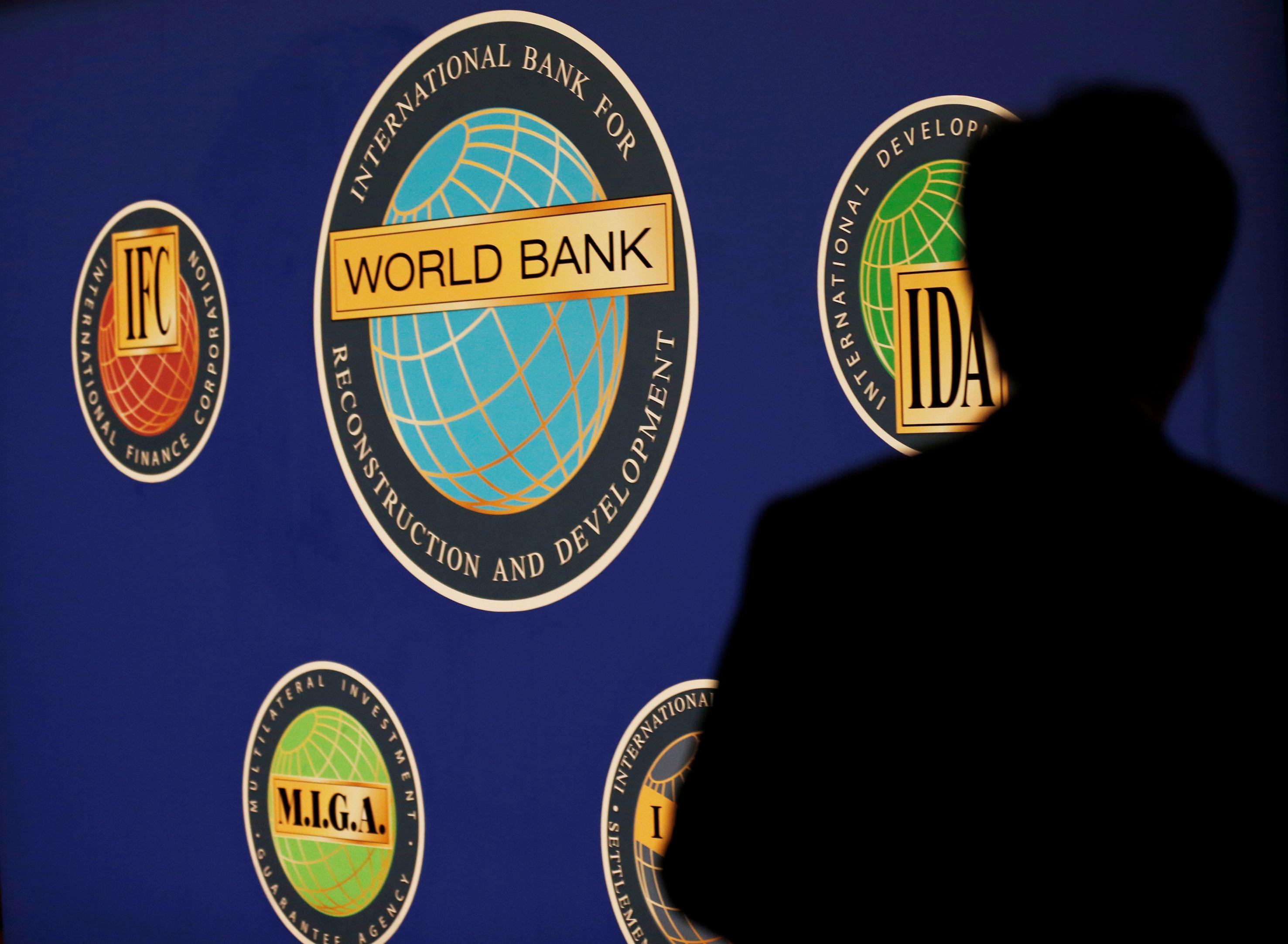WB urges PH to update policies to boost broadband connectivity

The World Bank (WB) has urged the Philippine government to update its policies, saying the country’s poor broadband infrastructure is rooted in its outdated policy framework.
In its study, the WB said among the factors hindering broadband expansion in the Philippines is the government’s failure to provide incentives to telecommunication companies.
“Unlike most other countries, the Philippines neither incentivizes nor obliges its largest operators to expand rural broadband coverage,” the study titled “Better Internet for Filipinos: Reforms Promoting Competition and Increasing Investment for Broadband Infrastructure” said.
“Hundreds of small internet service providers (ISPs) extend broadband services in rural areas while facing an unlevel playing field,” the research added.
The WB also said the country's outdated policies and regulations stunted the growth of the broadband industry and expansion of digital infrastructure.
“For inclusive growth through digitalization that benefits all Filipinos, updating Philippine policy to promote competition, encourage investment, and upgrade broadband infrastructure is urgent and necessary,” the research added.
Latest data from the Department of Information and Communications Technology (DICT) showed at least 65% of Filipinos are still without internet access. It likewise said there are only around 12,000 independent common towers in the country.
The WB earlier called on the Philippine government to implement reforms and increase investment in broadband infrastructures as the country continues to lag behind neighboring countries in terms of internet reach and average speed.
Several lawmakers have been pushing for the passage of proposed bills seeking to amend the National Building Code of the Philippines (NBCP) including Tarlac Representative Christian Yap, who filed House Bill (HB) No. 900 for the inclusion of adequate space for facilities for the country’s broadband connectivity.
HB No. 900 also mandates building permits to conform with the design, which satisfies additional electronics requirements for multi-dwelling buildings, commercial buildings, government and office buildings, public and private schools, and government and private hospitals.
Albay Representative Joey Salceda likewise lodged a similar measure, seeking to remove the leases of telecommunication companies and treat internet service as a “human right”.
In early April, an independent research organization also called for the revision of the National Building Code of the Philippines to address leasing fees.
In June 2023, the World Data Lab on the Internet Poverty Index showed at least 20 million Filipinos are “internet poor” or do not have the financial capacity to avail of at least 1 gigabyte (GB) of internet data per month.—Sundy Locus/AOL, GMA Integrated News




